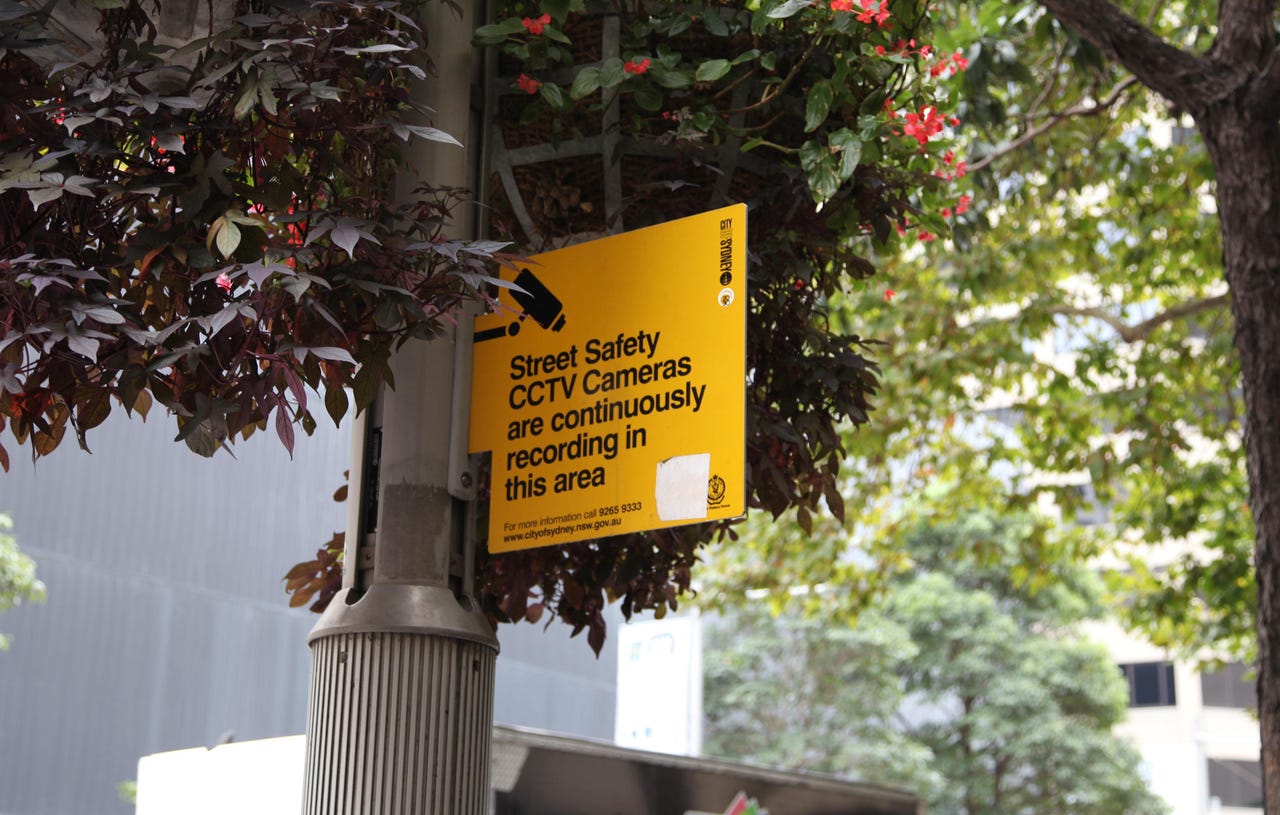Sydney only city in Australia to sign global initiative to back citizen's digital rights

City of Sydney sign
The Cities Coalition for Digital Rights, a joint initiative launched initially by New York City, Amsterdam, and Barcelona has the support of organisations such as the United Nations Human Settlements Program (UN-Habitat) in its bid to protect, promote, and monitor the digital rights of residents and visitors.
City governments globally have signed up to the coalition's pledge that has five main pillars: Universal and equal access to the internet and digital literacy; privacy and control over an individual's personal information through data protection in both physical and virtual places; transparency, accountability, and non-discrimination of data, content, and algorithms; participatory democracy, diversity, inclusion whereby everyone has full representation on the internet, and the ability collectively to engage with the city; and open and ethical digital service standards.
The declaration [PDF] has been signed by 26 cities around the world, including Athens, Moscow, Lyon, and eight cities in the United States.
For Australia, Digital Rights Watch wrote to over 400 councils across the country asking for their support of the declaration, with the City of Sydney being the only one to sign onto the agreement so far.
Digital Rights Watch Chair Tim Singleton Norton told ZDNet his organisation is concerned about the growing number of Australian cities that are seeking to expand surveillance operations without proper due process or informed consent with citizens.
"That's everything from an increase in CCTV cameras to the popularity with law enforcement in artificial intelligence software that tracks and monitors the public," he said. "Once you layer on new technology such as facial recognition and the linking of databases from the local to state to federal law enforcement agencies, we're facing a very sudden and abrupt invasion of individual privacy in public spaces."
Singleton Norton said Australia is increasingly becoming a testing ground for authoritarian legislation when it comes to privacy issues, in part because of the country's lack of a charter of rights.
"We're calling on local government authorities to incorporate human rights principles such as privacy, freedom of expression, and democracy into digital platforms -- starting with locally-controlled digital infrastructures and services," he continued.
"Australians expect to be able to live their lives without being watched, monitored, and tracked. The concept that our cities need to be 'smart' needs to be managed alongside the freedoms of the people who inhabit them."
See also: Why Australia is quickly developing a technology-based human rights problem (TechRepublic)
The letter specifically points to Australia's National Facial Biometric Matching Capability.
The Department of Home Affairs is currently responsible for the operation of a central hub of a facial recognition system that will link up identity-matching systems between government agencies in Australia.
The Australia-wide initiative will allow state and territory law enforcement agencies to have access to the country's new face matching services to access passport, visa, citizenship, and driver licence images from other jurisdictions.
The initiative comprises two parts: The Face Verification Service (FVS), which is a one-to-one image-based verification service that matches a person's photo against an image on one of their government records; and the Face Identification Service (FIS) is a one-to-many, image-based identification service that can match a photo of an unknown person against multiple government records to help establish their identity.
"There is no empirical evidence that supports the assertion that blanket surveillance is effective at preventing serious crime and terrorism either domestically or internationally -- in fact if anything, these approaches almost always erode rights and diminish freedoms," the Digital Rights Watch wrote in its letter to councils.
Earlier this week, The Guardian reported that the City of Perth was moving forward with its trial of facial recognition technology that will be installed in cameras across East Perth, with 30 cameras set to go live in a few weeks' time despite citizen concerns.
According to the report, the cameras are equipped with software that uses deep-learning artificial intelligence (AI) to recognise faces, count passing people and vehicles, and track movement.
The council meanwhile says its CCTV surveillance network aims to reduce crime levels by deterring potential offenders, assist in the detection and prosecution of offenders, and monitor city assets and local government property.
It follows Darwin late last month announcing completion of its Switching on Darwin smart city project that saw the addition of 912 new LED lights, 138 new CCTV cameras, 39 new hotspots to extend free Wi-Fi, 24 environmental sensors, smart parking sensors, along with an audio system in the Mall.
The AU$10 million project, which received AU$5 million funding from the federal government and AU$2.5 million each from the NT government and City of Darwin, was launched in July 2018.
According to the ABC, Lord Mayor of Darwin Kon Vatskalis said the technologies would make Darwin a better place, and concerns over privacy and data security had been overblown.
"As for the conspiracy theorists, I'll say once again, there's no facial recognition, we don't have Chinese equipment, our cameras can't tell who you are and what you do," the report is quoting him as saying. "[If you worry about privacy] don't get a licence, give away your credit cards, and get out of Facebook."
RELATED COVERAGE
- Melbourne students are guinea pigs for NEC's facial recognition fraud tech
- Too many false alarms for population-wide facial surveillance: NEC
- Victorian government pushes back on in-classroom surveillance
- Home Affairs denies mass surveillance capabilities of face-matching database
- Home Affairs exempt from disclosing Face Identification Service provider
